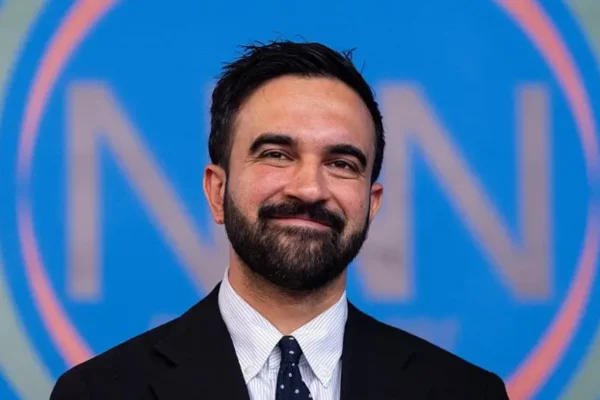
Autumn Budget 2025: What This Means For UK Muslims
26 November 2025 6 min read


Adil Hussain
Head of Content
4 min read
Last updated on:
There’s been lots of debate about whether Keir Starmer should have invited Donald Trump for his second state visit, especially given the considerable cost to the country. But while the headlines have focused on the politics, pageantry, and banquets, there was an interesting development that was signed behind the scenes: a £150 billion investment deal that could reshape the UK economy.
Dubbed the Tech Prosperity Deal, it sees global giants like Microsoft, Google, and Blackstone pledge eye-watering sums into sectors such as AI, quantum computing, nuclear power, and life sciences.
And here’s where it matters for you: when money of this scale is on the move, opportunities open up for those ready to seize them.
Here are 2 key areas that we’re keeping a close eye on:
The government says 7,600 jobs will be created but the real figure will likely be far higher. Deals like this create ripples across industries which is welcome given the poor state of the job market.
What’s also good news is that US firms are known for paying more than their UK counterparts. So we’re not just getting an influx of new jobs, we’re getting an influx of well-paid jobs.
If you’re in tech, engineering, finance, data, or any other the sectors that will gain an obvious benefit, this moment could be a genuine turning point. So if you’ve ever thought about pivoting into these areas, or investing in your skills through training and upskilling, now is the time to seriously consider it.
But the opportunity doesn’t stop with the obvious sectors. Every major wave of investment creates a ripple effect.
Data centres don’t just need technicians. They also require HR teams to hire, legal departments to structure contracts, logistics experts to keep things running smoothly, and project managers to tie it all together.
In other words, even if you’re not writing code or crunching numbers, there will be plenty of doors opening for people with transferable skills. If you’re exploring career moves in high-growth sectors, check out our guide to 13 halal jobs that pay £100k for inspiration on where your skills could take you.
The savvy move here is to be proactive. Don’t wait until the glossy job ads hit LinkedIn. By that point, the competition will already be fierce. Instead, look at the firms announcing expansions now, do your research, and start conversations early.
Getting ahead of the queue (whether that’s through networking, applications, or skill-building) can make the difference between watching opportunities pass by and actually being part of the wave.
It’s understandably easy to see a headline like “£150bn investment” and think it’s just another political announcement, full of symbolic numbers and vague promises. And to be fair, governments do like a big round figure. But here’s why this deal deserves attention: it’s tied to specific, near-term commitments.
Look at where the money is going:
Then it’s about doing the right research to identify which investments to make. Just because something is in a “hot” area doesn’t mean it will actually benefit. This is a mistake many investors make.
Think back to the electric vehicle trend during the Covid years, everyone could see EVs were the future, but many investors passed over Tesla in favour of newer, shinier companies like Nikola and Lucid Motors that looked more exciting on the surface. Most of those bets have since collapsed, while Tesla kept delivering.
At Cur8, the way we are processing this news is to focus on (a) industries where tech and AI can unlock significant scale; and (b) the picks and shovels of AI/tech (all the businesses that are boring and peripheral to the exciting AI, but will grow exponentially alongside the AI boom).
Specifically, our private equity strategy is currently focused on the long-term trend of healthcare, and in particular how AI can be harnessed to deliver major improvements in patient outcomes and efficiency.
Our EIS venture fund is actively looking to back the next generation of elite businesses; start-ups with world-class potential, focusing in on AI, climate change, and fintech.
And our income funds are partnering with established businesses and real economy assets to generate consistent, halal returns for our investors. We are actively exploring investment into infrastructure assets as a theme.
Across all of this, the common thread is the same: filter the noise, study where capital is actually being deployed, and position early in the themes with staying power.
If you found this breakdown useful, don’t keep it to yourself. Share it with a friend or family member who’s thinking about their career or their investments and help them catch the wave too.

26 November 2025 6 min read

02 July 2025 6 min read
Leave a Reply